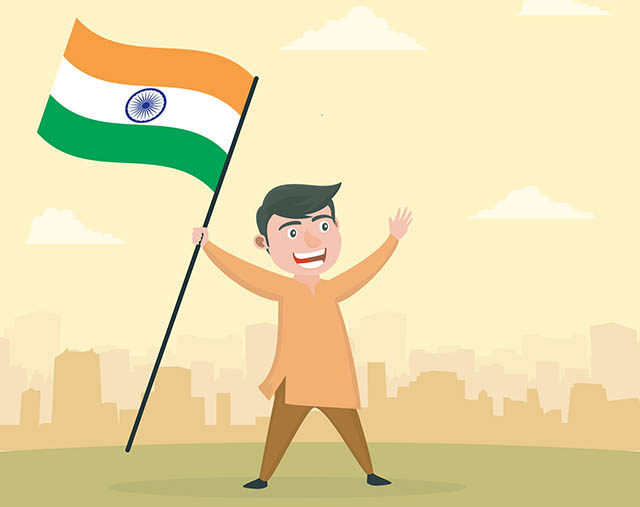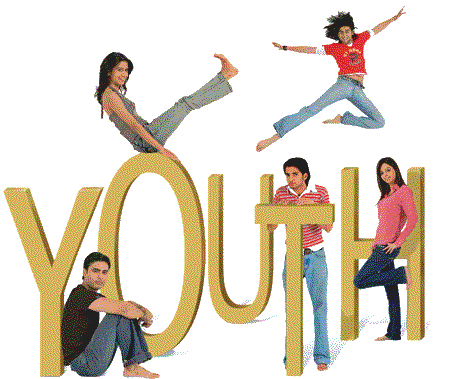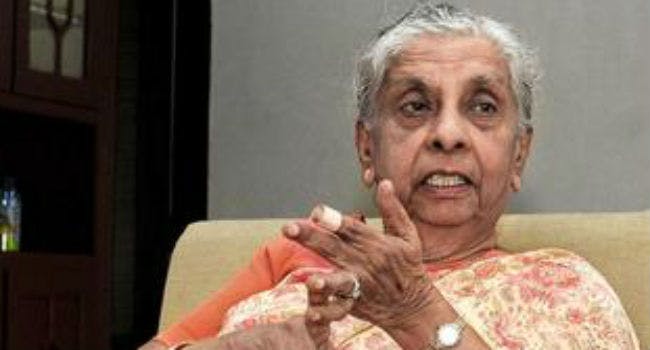India is going to celebrate the 70th anniversary of its independence from the British rule in a few days. Security apparatus is being put in place and festive arrangements too are in full swing for August 15. Prime Minister Narendra Modi has appealed to the people to observe the day as “Sankalp Diwas”, urging them to commit to the social causes. But what does independence really mean for India’s teeming millions, especially the youth? Is our independence limited to its ceremonial commemoration on August 15? While the annual celebration gives us an opportunity to reflect on a day we broke the shackles of foreign subjugation, independence signifies much more than a day-long merriment. It encompasses our past, present and future; it includes all our past struggles and also our hope for tomorrow.

Being Born In A Free Country Is Invaluable
My grandparents were born in a country that was under the foreign dominion. I still remember the stories of India’s freedom struggle they narrated when I was a young girl. Our freedom is a gift bestowed upon us by the gallant men and women of yore who laid down their lives so that India’s future generations could live freely in an independent country. I, unlike my grandparents, was born in a free, sovereign democratic republic, and therefore, to me, the notion of independence means not to take this privilege for granted.
Freedom To Live Without Fear
We are free from the foreign yoke, but do we have freedom from fear? The crime rate is alarming, and women’s safety is still a grave challenge. Women and children are unsafe on the streets and also vulnerable in the spaces often, and traditionally, considered safer for them. “Is it worthy to live in a free country if I don’t feel safe when I am out alone even in daytime?” asks Pritika, a first year Computer Engineering student from New Delhi. While she has freedom and opportunities to make her own choices in life, the young girl says the day she’ll be able to walk freely without an iota of fear even at night would be the day of true independence for her.
Freedom From Sexist Prejudices and Gender Bias
Even as India is leaving no stone unturned to realize its superpower dream, sexist prejudices against women remain pervasive in society. The practice of dowry is rampant despite being ruled illegal; sex-selective abortions or female foeticides have given rise to a skewed sex ratio which may soon turn into a demographic nightmare. “I am happy to be a citizen of a free nation, but I am unhappy that we are yet to achieve freedom from misogyny, gender bias and patriarchal mindsets,” says Mahima Sharma, a New Delhi-based writer-poetess. Clearly, policy initiatives are required to end all kinds of disparities and empower women. However, we also need a radical change in societal mindsets to achieve the equality of the sexes.
Equal Opportunities For Everyone
Right to equality is a fundamental right every Indian enjoys and it has been guaranteed by country’s constitution. But how does today’s youth see this right especially when the caste system is still alive and kicking and the divide between rich and poor continues to widen. “We have a caste system and we have a class system too. And people living in rural areas don’t have same amenities or prospects as those living in big cities,” rues Vivek Kumar, a call centre executive working in Gurgaon. Many youngsters head to hostile cities after being forced to flee the hardships of rural India. Many marginalized groups have no access to resources and are at a severe disadvantage despite the country taking huge leaps forward in technological and other fields. “Independence should mean equal opportunities for everyone irrespective of caste, gender, geographic location, social status or religious affiliation,” opines Vivek.
Becoming Responsible Citizens
Becoming a responsible citizen is one of the most important aspects of living in an independent and democratic nation. Simply whining and cribbing about things being not right would be of no help if people shy away from their responsibilities or duties as citizens. Going out to vote on the Election Day, respecting and abiding by the laws, paying taxes on time are some of the duties people can perform to become responsible citizens. Many youths volunteer in social or political activities or engage themselves in community spaces. A lot of youngsters passionately work towards causes they care about to bring about a positive change in the society.
Independence, in the post-independence context, thereby entails emancipating ourselves from the self-imposed incarcerations that hinder us from crossing the caste, gender and class barriers; on most occasions, we are entirely responsible for our own freedom.































